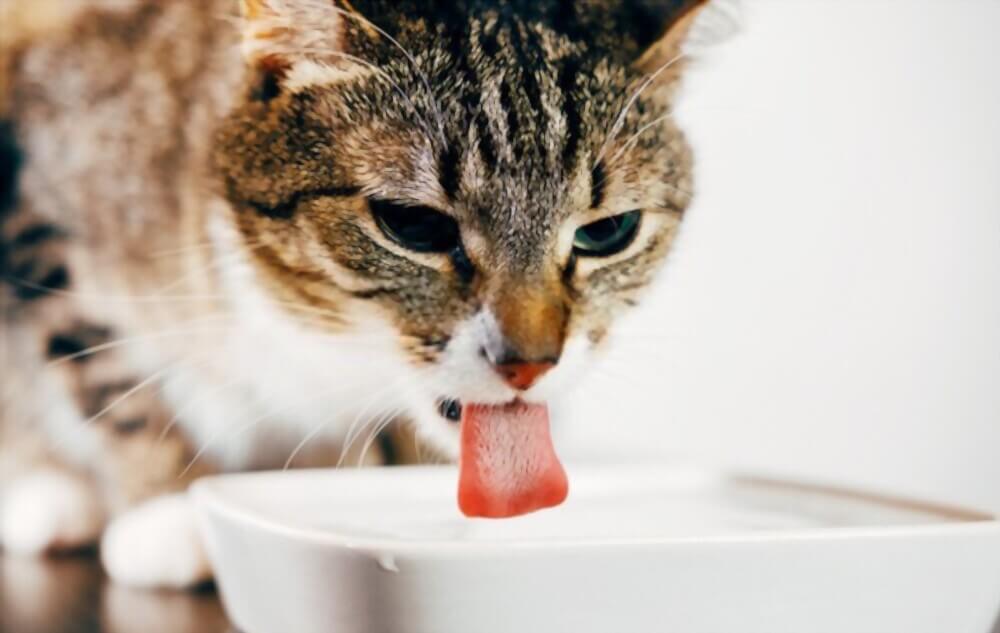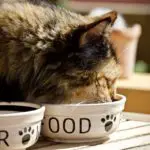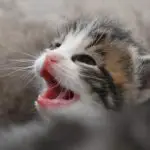Can Cats Drink Orange Juice?
‘Can cats drink orange juice?’ – A question frequently on pet-parents minds.
We won’t mince any words here.
The simple answer is no.
Cats aren’t supposed to drink orange juice because orange juice can cause citric poisoning in cats. Moreover, they lack the enzymes, glucuronyl tranferase needed to digest citrusy fruits and their essential oils.
In fact, many human foods are toxic to cats. They can even lead to fatal results.
Citrus fruit like orange juice happens to be one of those foods.
So, you cannot be too careful when it comes to keeping orange juice, and citrus fruit and plants out of your cat’s reach.
In this guide, we will cover the dangers of orange juice for cats in detail.
Also Read: Can Cats Drink Green Tea
7 Reasons Why Cats Should Not Drink Orange Juice
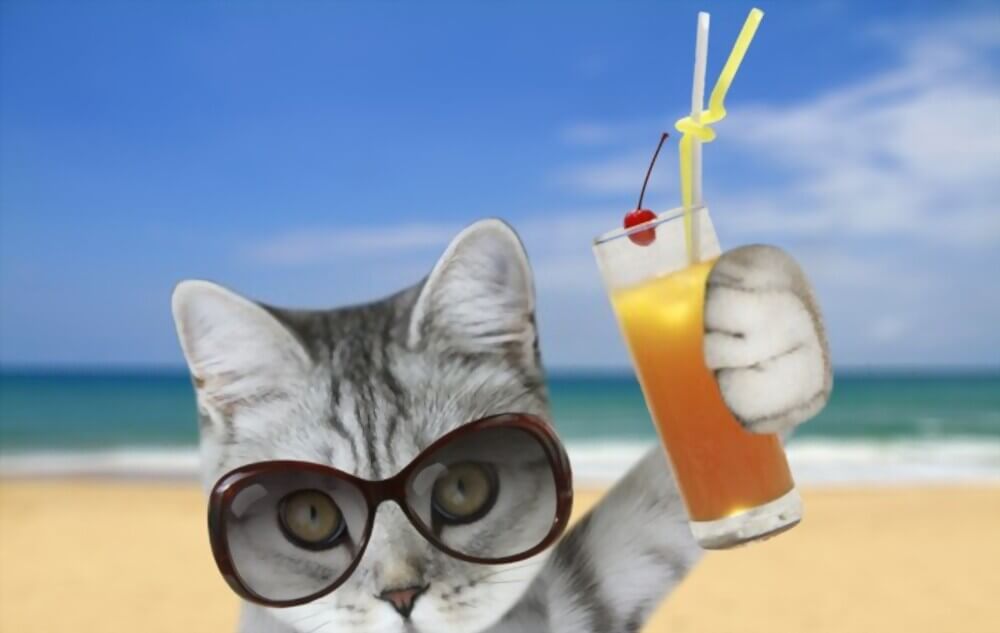
Cats are cute and they want to share their humans’ food.
But you should never give in to their begging because oranges, orange juice and even orange peel can be downright toxic to your cat.
Here are the main reasons why your cats are best kept away from this citrus fruit – orange juice:
1) Citrus poisoning
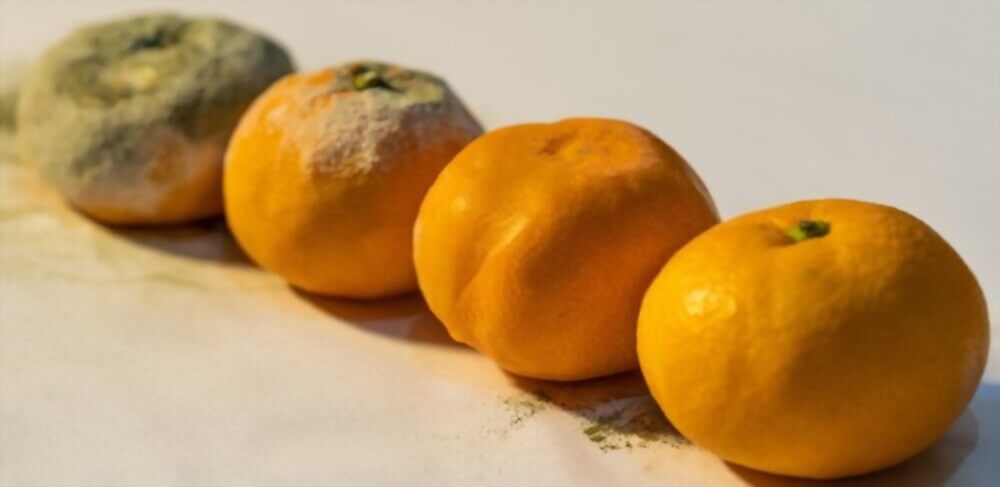
Oranges and their citrus juice contain citric acid which can irritate your cat’s intestinal lining and stomach. In large quantities, citric acid can lead to severe bouts of vomiting and diarrhea in your pet and ultimately citrus poisoning.
Citrus poisoning can be very dangerous and fatal to your cat so you must not ignore it.
If your cat happens to drink orange juice, especially in large quantities (explained below), you must take it to the vet right away even if there are no symptoms right away.
Unfortunately, there are no tests to diagnose citrus poisoning in cats. Therefore, careful monitoring of your pet is essential in the next few hours.
Discuss with your vet how much fruit juice your cat has had to drink. The more details you can provide, the easier it would be for your vet to prescribe the right treatment.
In severe cases of citrus poisoning, your vet might wash out your pet’s stomach or administer emetics to help it vomit out the toxic juice.
Depending upon the severity of your cat’s condition, the doctor might even ask you to keep your pet under observation along with IV fluids for a day or two.
Also Read: Best Cat Food for Older Cats That Vomit
2) Orange juice contains harmful essential oils
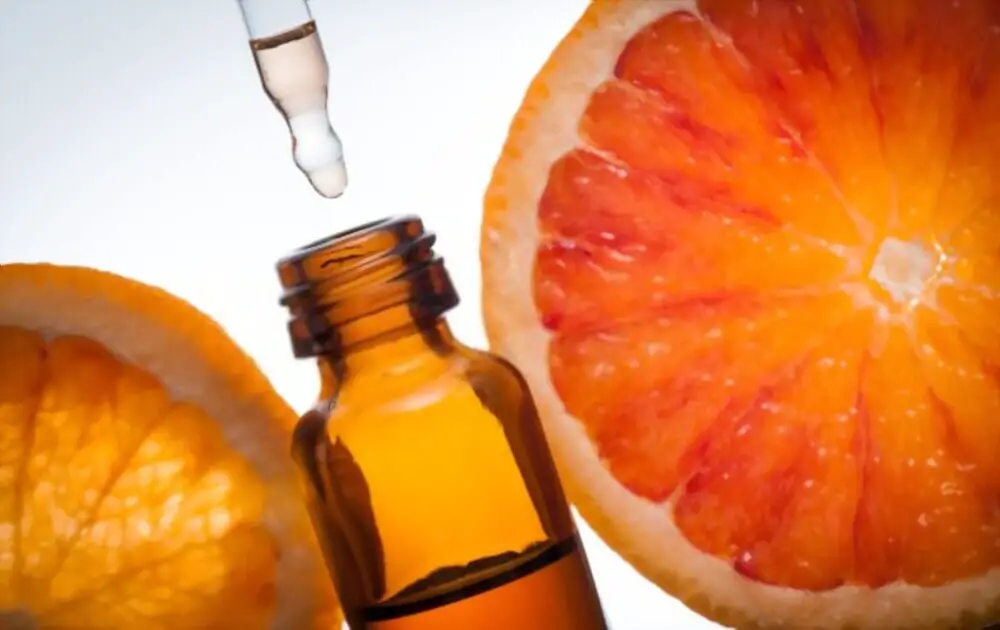
Oranges and orange juice contains citric essential oils, albeit in small quantities.
Even a tiny bit of citric essential oil can be very toxic to your cat for the simple reason that your cat lacks the enzymes, glucuronyl transferase, to digest this essential oil.
Even if you happen to feed small quantities of juice or citric fruits like oranges, you might not notice the effect right away.
But, over time, this essential oil can build up in your pet’s system and lead to citrus poisoning in your cat.
Some of the symptoms to look out for are: vomiting, explosive diarrhea, bloating, lethargy, and confusion.
If you suspect that your cat has had a lot of orange juice to drink, please have it examined by the vet right away.
Also Read: High-Fiber Cat Food for Diarrhea
3) It is especially harmful for young kittens
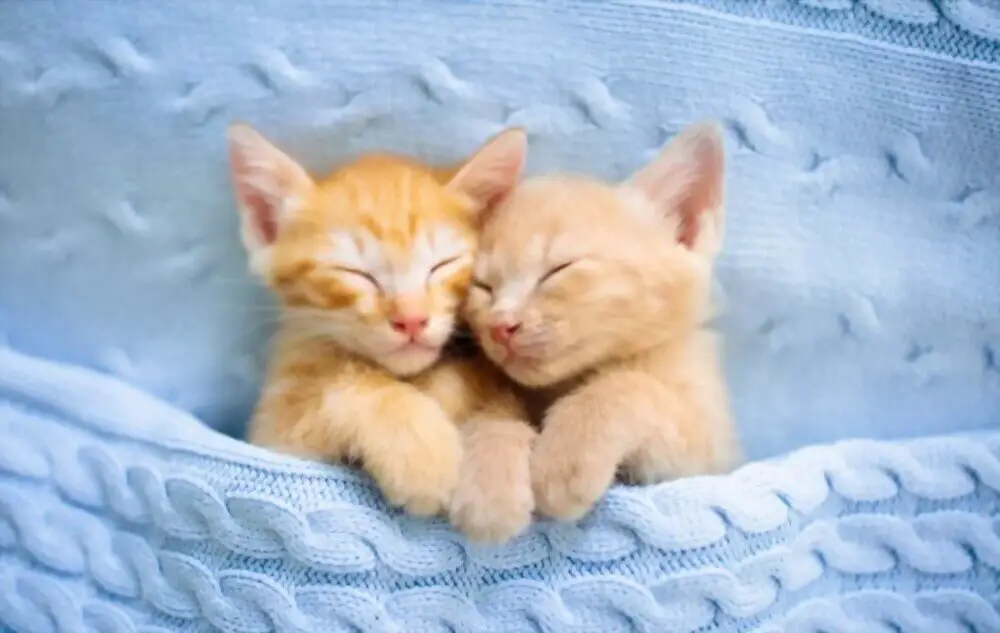
Kittens are even more sensitive to the effects of citric acid poisoning as they have a smaller body and less developed digestive system.
Even if your young cat accidentally ingests a seemingly small quantity of orange juice, the results could be magnified several times over.
In many cases, the effects could be instantaneous as your cat’s developing system might not be able to handle even this small toxic overload.
Please take your kitten to the vet right away.
Also Read: Best Toys for Teething Kitten
4) Orange juice can be worse for cats with kidney disease
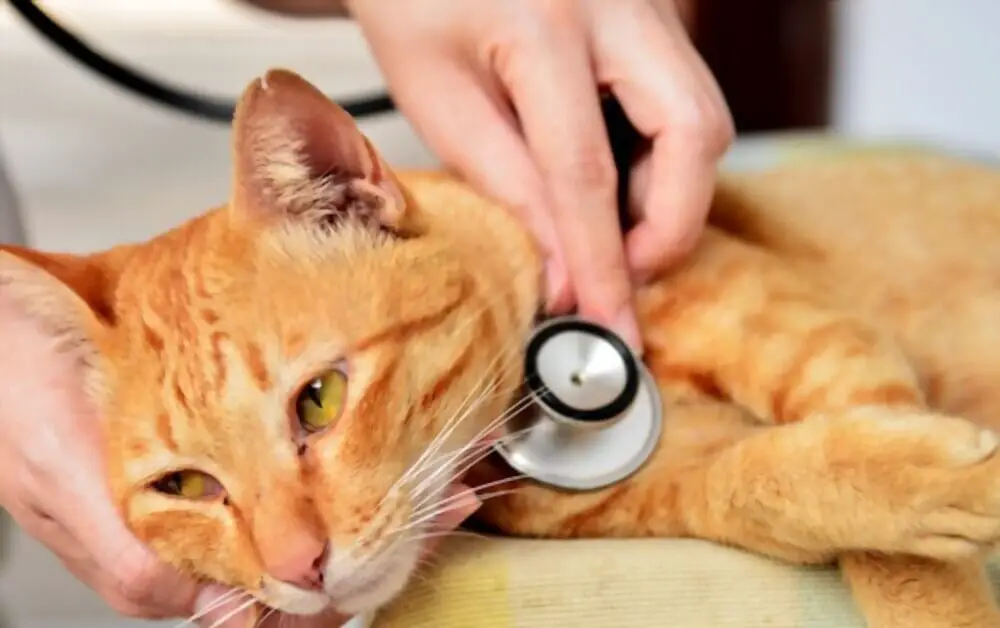
Chronic kidney failure, also known as chronic renal failure, is quite common in older cats.
You might not even know if your pet has this condition because the changes – which are irreversible – can take months, even years to show effects.
Let us take a look at what happens when a cat has kidney disease.
Your cat’s kidneys consist of tiny filtering-tubes called nephrons.
These nephrons perform the function of absorbing and balancing the fluid intake in your cat’s body.
Even if one of the nephrons is damaged (due to age, infection, or toxins), the kidneys continue working as efficiently as before.
This happens because the remaining nephrons step up and grow larger to perform the task of the failed nephron.
However over time, these overworked nephrons also continue to weaken.
The result: your cat’s kidneys are not able to perform the important task of filtering the blood from toxins.
As a result, the levels of urea and creatinine continue to rise in your cat’s blood since they are not secreted out of its body.
Vets recommend low phosphorus diet for CKD cats
That is why, vets recommend a diet low in protein and phosphorus as they help slow down the progression of CKD or Chronic Kidney Disease in cats. (Check out our guide on the Best Cat Food for Kidney Disease).
Unfortunately, orange juice is packed with phosphorus.
A 10-fl oz. bottle of orange juice contains nearly 50mg of phosphorus while doctors recommend limiting the daily intake of phosphorus in cats with CKD to just 0.3%-0.6% of dry matter phosphorus.
Imagine how much phosphorus a cat with CKD would get through orange juice and the taxation it would cause on it’s already failing kidneys.
That is why, cats with CKD (and we mean even those without a confirmed diagnosis of CKD) should not drink orange juice at all.
Remember: CKD affects an estimated 1-3% of all cats – so please keep orange juice out of your cat’s reach and especially out of the reach of an aging cat.
5) high sugar content Is harmful to your pet’s liver
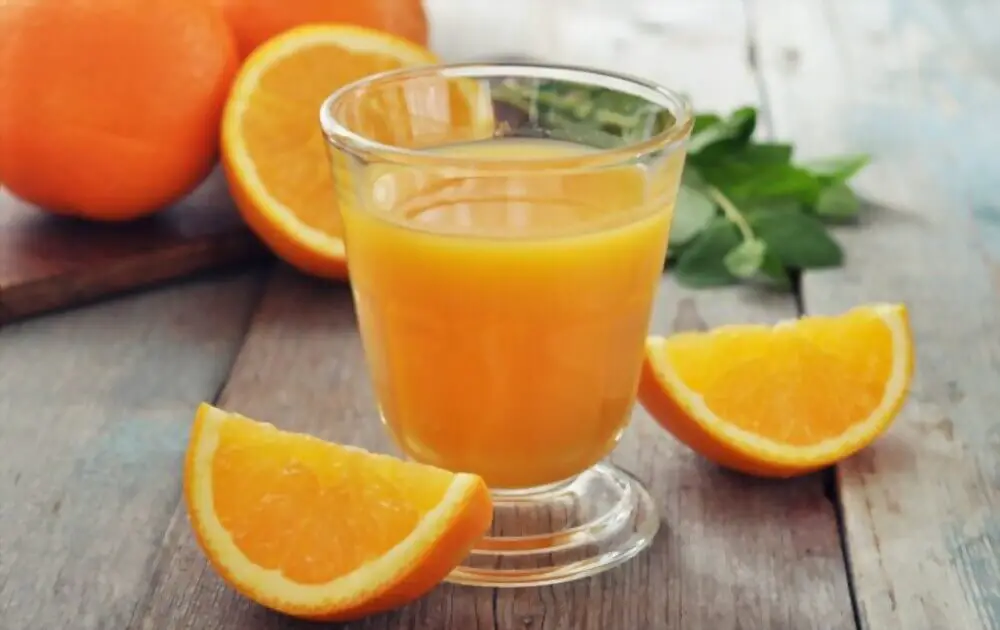
Packaged orange juice has high levels of natural sugar.
There is nearly 8g sugar per 100g of orange juice.
Such high levels of natural sugar can stress your cat’s pancreas and even impact its liver function.
Pancreas and liver work in harmony as a team to keep your pet’s blood sugar levels steady.
High Sugar blood levels are harmful if your cat has liver disease
If your cat happens to have liver disease, its liver won’t be able to respond to low sugar-level in its blood. At the same time, its pancreas would also fail to respond to high-blood sugar levels.
The result would be an imbalance in blood sugar levels which, in turn, could impact the production of insulin and glucagon.
Insulin and glucagon regular blood sugar levels in the body and those reaching your pet’s brain.
Your cat might suddenly become weak, comatose, or even experience a seizure.
Low sugar or sugar free juices are harmful too!
Even the so-called low-sugar or sugar-free juices might contain sugar substitutes which could be even more dangerous to your little pet.
That is why, it is best to keep all kinds of orange juice away from your cat.
6) Cats are Originally Carnivores
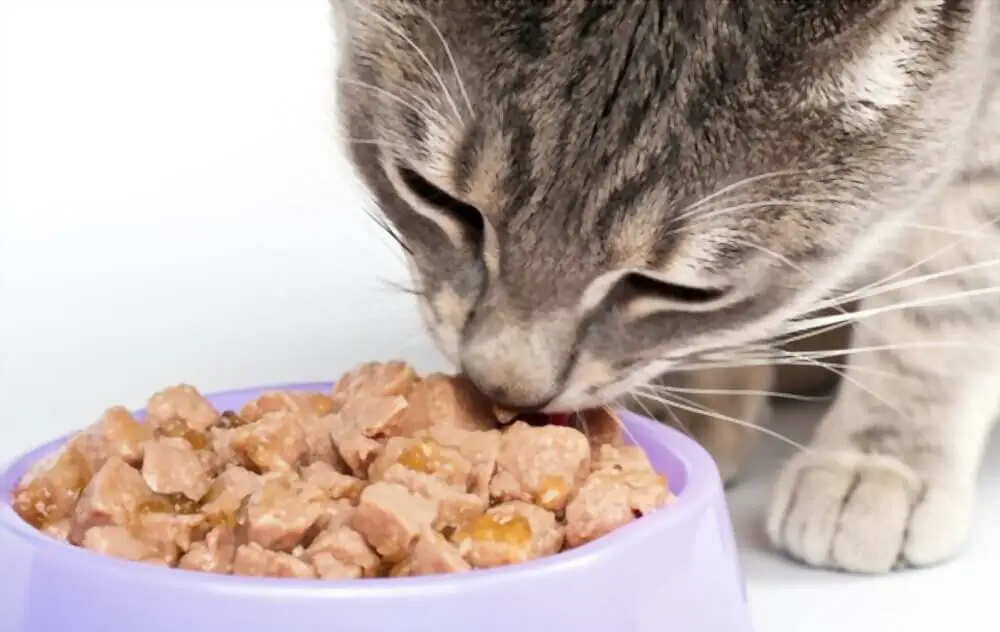
Another important reason why your pet should stay away from oranges and citrusy fruits and juices is the fact that they are born carnivores.
They lack the enzyme called glucuronyl transferase which is necessary to help digest these fruits and their juices.
However, once humans started domesticating cats, cats became omnivorous. They also want to mimic humans and eat everything their humans eat or drink.
So, where wild cats would naturally be repelled by oranges and citrusy fruits due to their strong citrusy scent, indoor cats that want to taste everything, might feel attracted to taste it.
It is not uncommon for indoor cats to develop a bad habit of licking their pet-parent’s food plates or beverage glasses.
In large quantities, these foods and beverages can be poisonous to your pet – a fact that cats in the wild might be aware of but domesticated and indoor cats probably won’t.
In small quantities, such human foods might not do much harm but you really want to avoid such a risk.
After all, you don’t want to be caught in a distressing situation of seeing your pet suffer from terrible gastrointestinal symptoms like vomiting, cramping, and diarrhea.
So wipe away any citrus juice (including orange juice, lemon juice, and even pineapple juice) spills right away, and never leave any part of these fruits (orange juice, orange slice, orange peel etc) within the reach of your cat.
7) Could lead to dermatitis
Did you know that people add citrusy plants to their gardens to keep wild cats away?
The strong citrusy scent repels cats and kittens.
This is thanks to the strong volatile essential oils like limonene and linalool in citrusy plants that can cause allergic reactions on a cat’s skin as well as symptoms like sneezing in cats.
This can be attributed to the psoralens content of oranges and other citrusy fruits and plants.
Cats that come in contact with large quantities of juice could develop an allergic reaction including severe itching and skin irritation.
While this is allergic dermatitis is rarely fatal, it is still distressing to watch your pet itch and scratch like crazy.
Also, all animals react differently to different stimuli.
In some cats, this reaction could blow over and worsen into secondary skin infections or blisters which may be harder to treat. Your pet might even require antibiotics to treat these blisters.
If that isn’t a reason to keep citrus juice out of reach of your cat, we don’t know what is.
But What about Vitamin C? Don’t Cats need This Antioxidant?
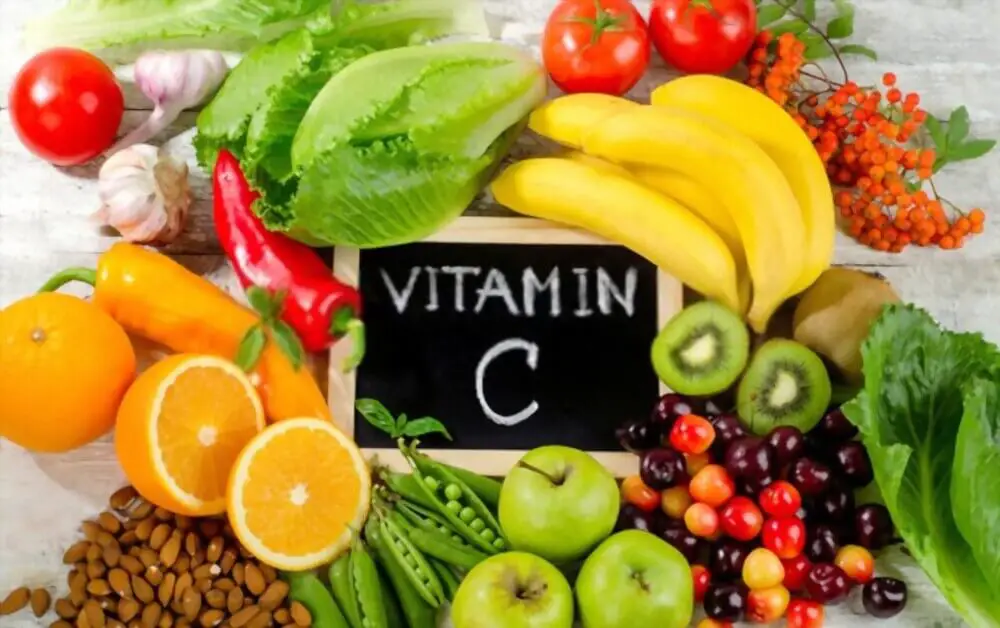
Cats do not need vitamin C supplementation because their bodies create it in the liver.
So, you need not feed your pet orange juice just because you feel it might need vitamin C.
Your pet doesn’t need vitamin C and especially not through orange juice.
Most high-quality cat foods contain this powerful antioxidant and chances are that your pet is already getting it through its diet.
How Much Orange Juice is Too Much for your Cat?
It is difficult to quantify exactly how much of orange juice is dangerous to a cat.
It all depends on your cat’s age, weight, and overall health profile.
For some cats with compromised or weakened immune systems, even a small quantity of juice (a few ounces) could be fatal. For others, it might take a glass or two to produce symptoms.
So it is better to err on the side of caution and follow all precautions to keep your pet away from this beverage.
What Should You Do If Your Cat Ingests Orange Juice?
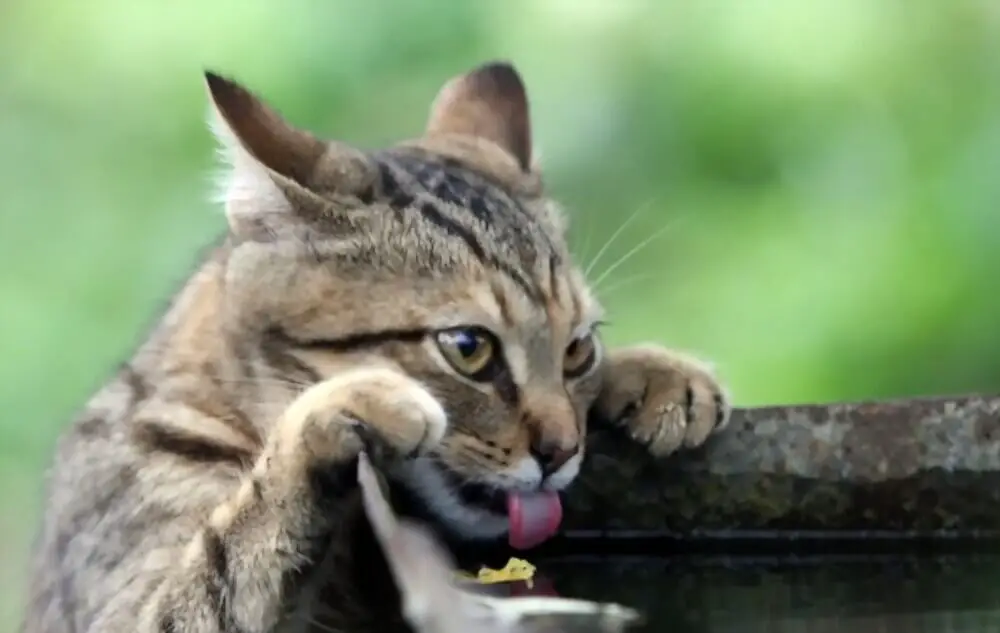
As stated earlier, a few sips of orange juice won’t hurt your pet.
However, that does not mean that you do not stop your pet from drinking it.
If your pet has already had juice, please monitor it over the next few hours.
Watch out for signs of distress
You want to watch out for signs of distress, vomiting, diarrhea, and other forms of gastric troubles, shaking, sneezing, coughing, breathing issues, drinking more than usual, not eating, skin reactions, or seizures.
Please remember that some cats might not show any symptoms at all. All cats are different and will react differently.
Sometimes, symptoms of poisoning might occur after a few hours and not right away.
So please keep monitoring your pet.
If you haven’t seen your cat actually drink the juice, but have found some spilt from your glass or other signs of your pet having ingested it, think carefully whether your pet could have accessed it.
And if the answer is even remotely a ‘yes’, then please assume the worse.
steps to take If Your Cat Drinks Orange Juice:
1. Place your cat in a safe place to prevent it from drinking any more juice
Remove leftover juice right away so your pet cannot drink or lick anymore of it.
Wipe away spills instantly.
If you see orange juice on your pet’s fur, wipe it with a wet tissue.
Do not let your cat groom itself. If there is a lot of juice on your pet’s fur, bathe or wash it clean.
2. Call your vet
It is always better to err on the side of caution.
If this has happened after-hours, please call local emergency vet services. (Always keep 24×7 vet numbers handy).
Give as much information about how much juice your pet has had to drink. The more information you can give, the better it will be for them to assess the gravity of the situation.
3. Do not try to induce vomiting yourself
Never try to feed any emetic substances as they could cause further damage.
Some of these emetics are caustic and can damage your pet’s esophageal lining.
4. Stay calm and comfort your pet
Cats are sensitive to your moods and can sense your distress.
Try not to panic and stay calm. Keep your pet close to you.
Sometimes, your cat might be strong enough to fight off the toxin on its own. Other times, no symptoms may manifest at all.
Do follow your vet’s advice and do what they have asked you to.
Conclusion – Can Cats Drink Orange Juice
The answer to the question, can cats drink orange juice is NO.
Cats lack the enzymes needed for digesting the juice. It can also cause citrus poisoning in your pet.
If you suspect that your cat or kitten has ingested a large quantity of juice, please see your vet right away.
amzn_assoc_placement = “adunit0”;
amzn_assoc_search_bar = “true”;
amzn_assoc_tracking_id = “thp20-20”;
amzn_assoc_search_bar_position = “bottom”;
amzn_assoc_ad_mode = “search”;
amzn_assoc_ad_type = “smart”;
amzn_assoc_marketplace = “amazon”;
amzn_assoc_region = “US”;
amzn_assoc_title = “Shop Related Products”;
amzn_assoc_default_search_phrase = “Best Antioxidant for Cats”;
amzn_assoc_default_category = “PetSupplies”;
amzn_assoc_linkid = “2ea434e550820a0746d0e1441e2ac699”;
amzn_assoc_default_browse_node = “2619533011”;
